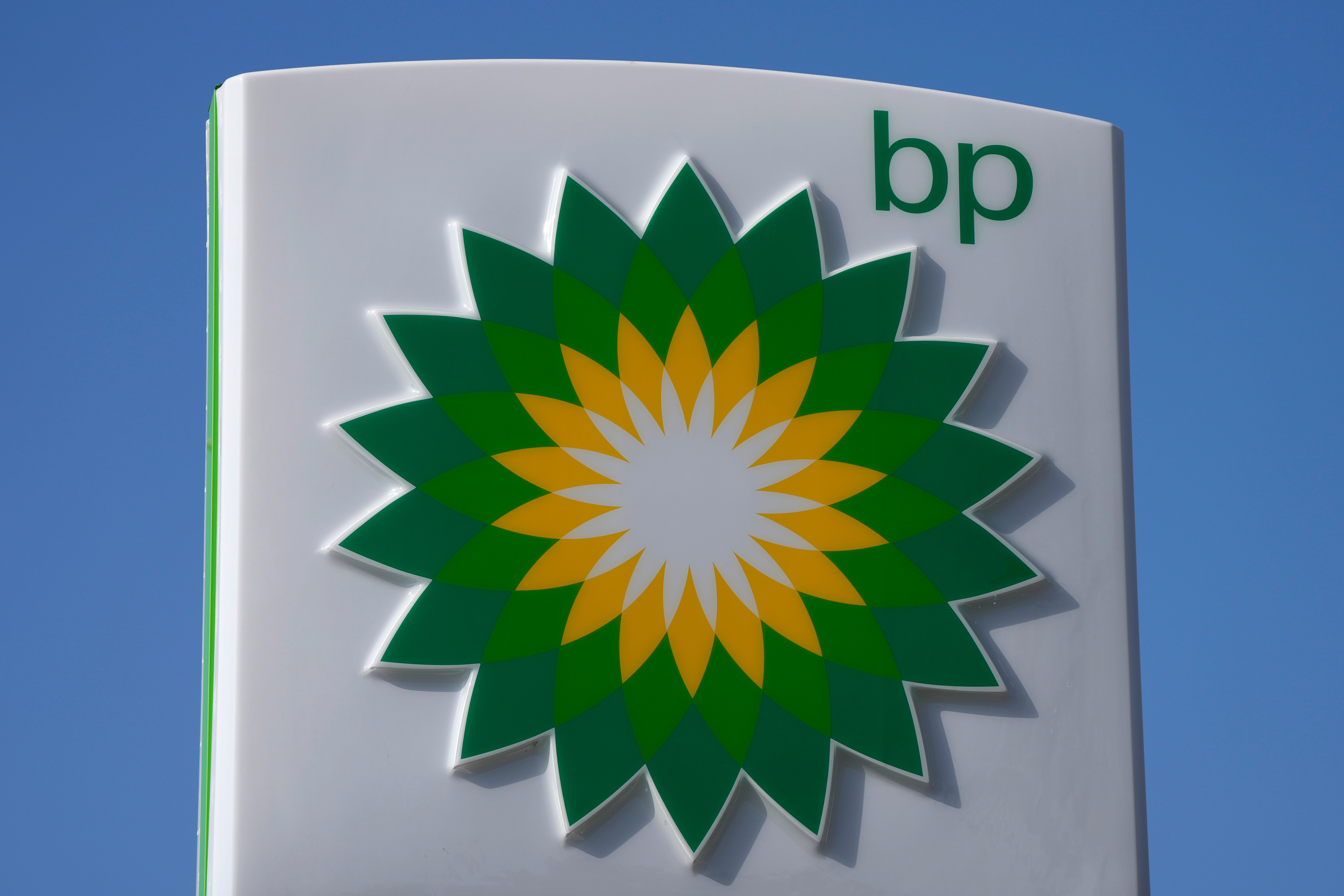Strong BP profit renews call for energy sector windfall tax
BP posted its highest quarterly profit in more than a decade thanks to surging oil and gas prices

Your support helps us to tell the story
From reproductive rights to climate change to Big Tech, The Independent is on the ground when the story is developing. Whether it's investigating the financials of Elon Musk's pro-Trump PAC or producing our latest documentary, 'The A Word', which shines a light on the American women fighting for reproductive rights, we know how important it is to parse out the facts from the messaging.
At such a critical moment in US history, we need reporters on the ground. Your donation allows us to keep sending journalists to speak to both sides of the story.
The Independent is trusted by Americans across the entire political spectrum. And unlike many other quality news outlets, we choose not to lock Americans out of our reporting and analysis with paywalls. We believe quality journalism should be available to everyone, paid for by those who can afford it.
Your support makes all the difference.BP posted its highest quarterly profit in more than a decade thanks to surging oil and gas prices, renewing calls for a U.K. government tax on energy companies' windfall earnings to help households struggling with rising energy bills.
The British energy giant said Tuesday that underlying replacement cost profit — the industry standard measure — more than doubled in the first three months of the year, to $6.2 billion from $2.6 billion in the same period last year.
After accounting for a write-off of its nearly 20% stake in Russian oil producer Rosneft in response to the Ukraine war, BP PLC said its net loss in the first quarter totaled $23 billion.
The company said it would pay a dividend of 5.46 cents per share and buy back another $2.5 billion in shares.
The earnings report is further evidence of BP's rebound from a 2020 slump caused when the coronavirus pandemic shut down large chunks of the global economy.
Meanwhile, oil and gas prices have rocketed, partly because of uncertainty about supplies from Russia amid its invasion of Ukraine, contributing to a cost-of-living crisis.
Annual inflation in the United Kingdom is at 7%, its highest since 1992, part of a broader global trend. Prices are set to keep rising after Britain’s energy regulator approved a 54% increase in gas and electricity bills for millions of households that took effect in April.
BP's latest numbers stoked more debate in the U.K. about whether the government should tax energy companies that make unexpectedly big profits to help people struggling to get by.
Opposition parties have called for a windfall tax, but Prime Minister Boris Johnson's Conservative government has so far ruled it out. Nevertheless, finance chief Rishi Sunak last week raised the possibility for the first time, saying that he would consider it if companies don't make investments in U.K. energy security.
Keir Starmer, leader of the opposition Labour party, said BP’s profits show that a windfall tax is the right approach.
“I think those figures reinforce the case that we’ve been making, which is that, with so many people struggling to pay their energy bills, we should have a windfall tax on oil and gas companies in the North Sea who have made more profit than they were expecting,” Starmer told the BBC.
He proposed using the money to help the most needy pay their energy bills.
Johnson, however, dismissed the idea.
“If you put a windfall tax on the energy companies, what that means is that you discourage them from making the investments that we want to see that will, in the end, keep energy prices lower for everybody,” he told ITV.